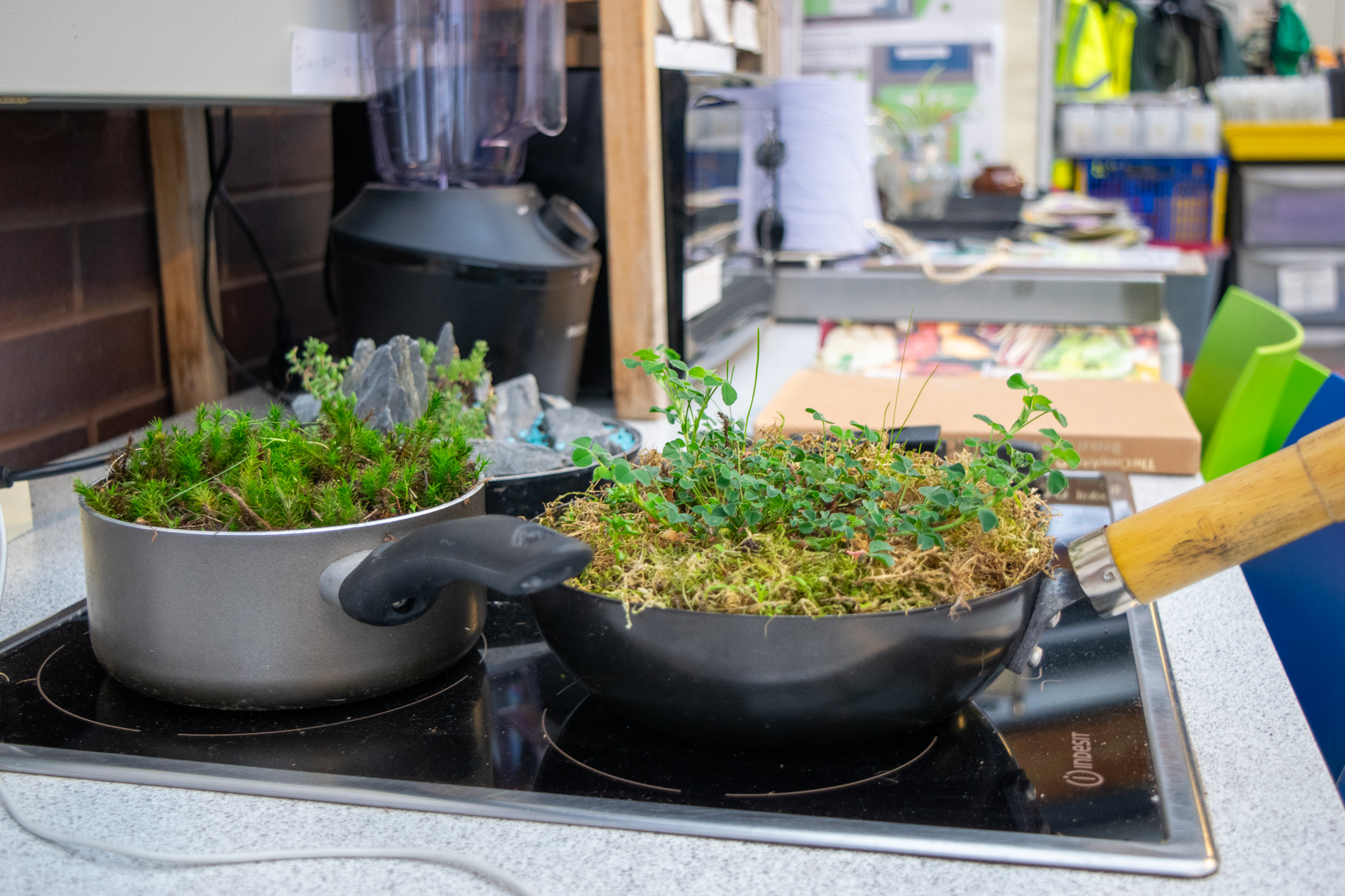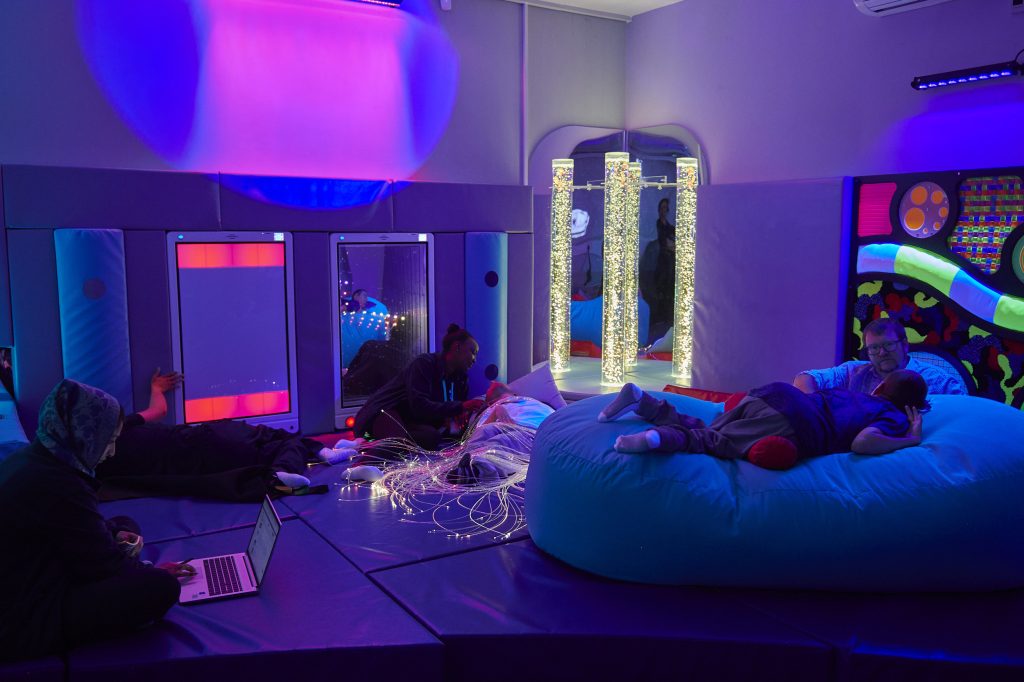
Occupational therapy (OT) plays a crucial role in supporting individuals across various stages of life, helping them develop the skills needed for everyday activities.
At Bridge College, small step counts – whether that’s a student taking their first independent shower, cooking a simple meal, or travelling to college alone. Behind these moments is the dedicated Occupational Therapy team, helping young people aged 16 to 25 with autism and complex health needs to build their confidence and independence.
This Occupational Therapy Week, we celebrate Sally and Bridge College’s Occupational Therapy team whose work turns everyday achievements into life-changing milestones.
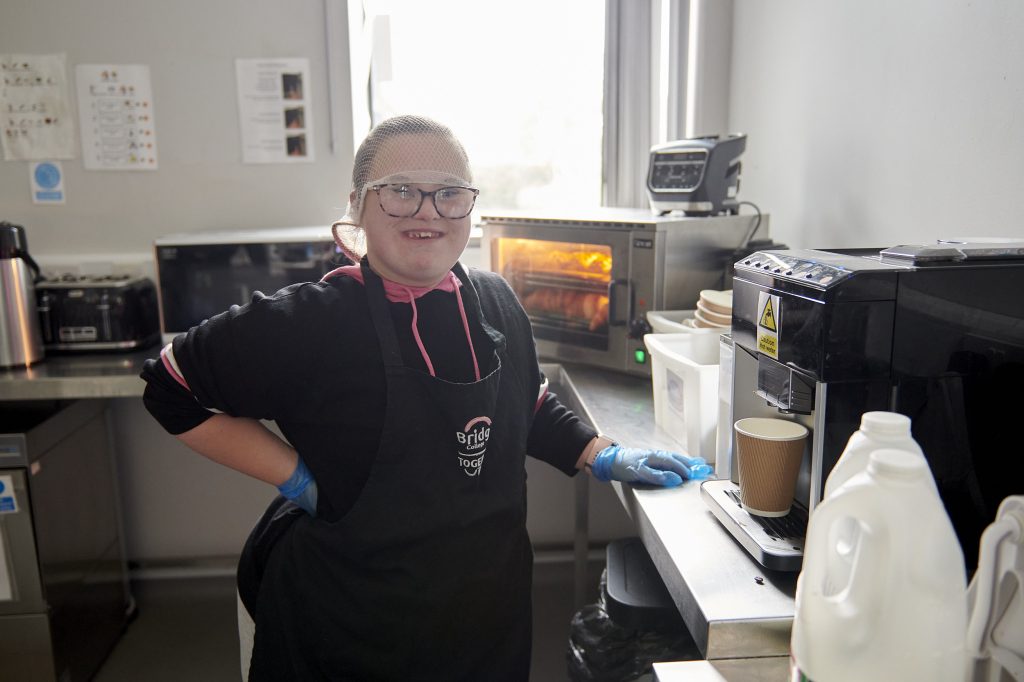
What does occupational therapy do?
Sally, one of the college’s Occupational Therapists, explains:
Occupational therapy (OT) is all about helping people of all ages to do the things that matter most to them – the everyday activities that give life meaning and purpose. For the students at Bridge College, that might mean learning to manage sensory needs, developing self-care routines, or building confidence to take part in classroom and community life.
“It’s about helping people become more independent in the things they do every day. For our students, that might be regulating themselves so they can take part in lessons or learn life skills like cooking or travelling independently.”
Supporting sensory regulation
Many students at Bridge College face challenges with sensory processing. If their sensory needs aren’t addressed, it becomes difficult for them to concentrate, communicate, or even interact with their peers. Sally explains that sensory regulation is a key part of the occupational therapy work at the college. Simple interventions like fidget toys, weighted blankets, or sensory circuits – exercises designed to help students calm their sensory system – are used to improve focus and emotional regulation.
“We do a lot of sensory circuits with students at the beginning of the day. It’s like a set of exercises that help them settle and get ready for the day ahead. It makes such a difference to how they engage in class.”
Sally Chilakalaka, Occupational Therapy Lead at Bridge College
The team also uses creative sensory tools like switches that allow students to control fans, music, or even a confetti-blowing leaf blower, encouraging independence and a sense of control in their environment.
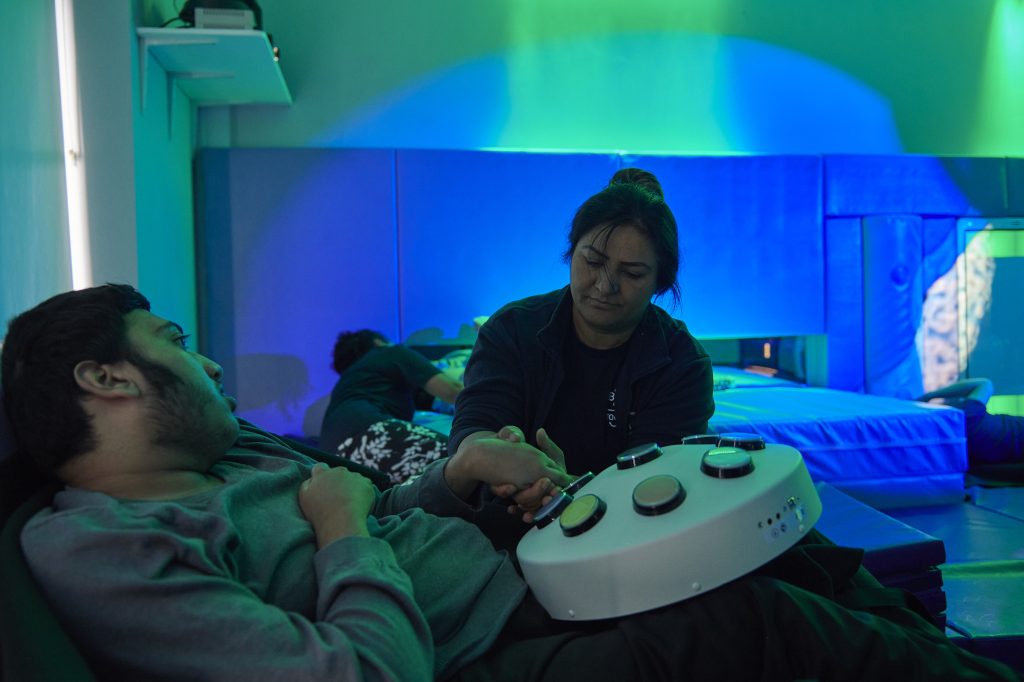
Personal care and daily living skills
Beyond the classroom, occupational therapy at Bridge College focuses on essential life skills that help students become more self-sufficient. Sally shares a powerful example of a student who was initially unable to shower or dress independently, relying on his father for help.
“Through our occupational therapy sessions, this student has been able to shower himself with minimal verbal cues and dress independently. The impact on him and his family has been life-changing. Something as simple as showering on his own has restored his dignity and sense of autonomy,” Sally explains.
Cooking, travel, and social skills
OT is not just about personal care; it also focuses on life skills that can lead to greater independence. At Bridge College, Sally and her team run a cooking club, where students learn to prepare simple meals like burgers and chips. This practical skill helps them gain confidence for future independent living or supported living environments.
“We’re helping students make meals so they can live more independently. These skills might seem basic, but for many of our students, it’s a massive step towards self-sufficiency,” Sally says.
Travel training and community participation
In addition, the Occupational Therapy team supports students with travel training, teaching them how to navigate public transport and travel independently to work experience or college. This not only helps students feel more confident in their daily lives but also enhances their social opportunities.
“We’ve had students who now travel to college and work placements on their own – a huge step towards independence,” Sally shares proudly.
A holistic and collaborative approach
What sets occupational therapy apart is its holistic approach. Sally emphasises that occupational therapy doesn’t just focus on physical abilities but looks at the whole person – their environment, mental health, and the challenges they face in everyday life. By working closely with the students, class staff, and other professionals, occupational therapy practitioners create individualised support plans that focus on problem-solving and building long-term skills.
“We work with a whole range of conditions and abilities, from students who use communication devices to those in wheelchairs. It’s about finding what works for each individual,” Sally explains. “We do a lot of problem-solving. We look at what’s getting in the way and how we can make it easier. Every student is different, and every achievement matters.
This holistic, student-centred approach is what makes occupational therapy so impactful. It’s not just about helping students do more – it’s about helping them be more: more confident, more independent, and more connected to the world around them.
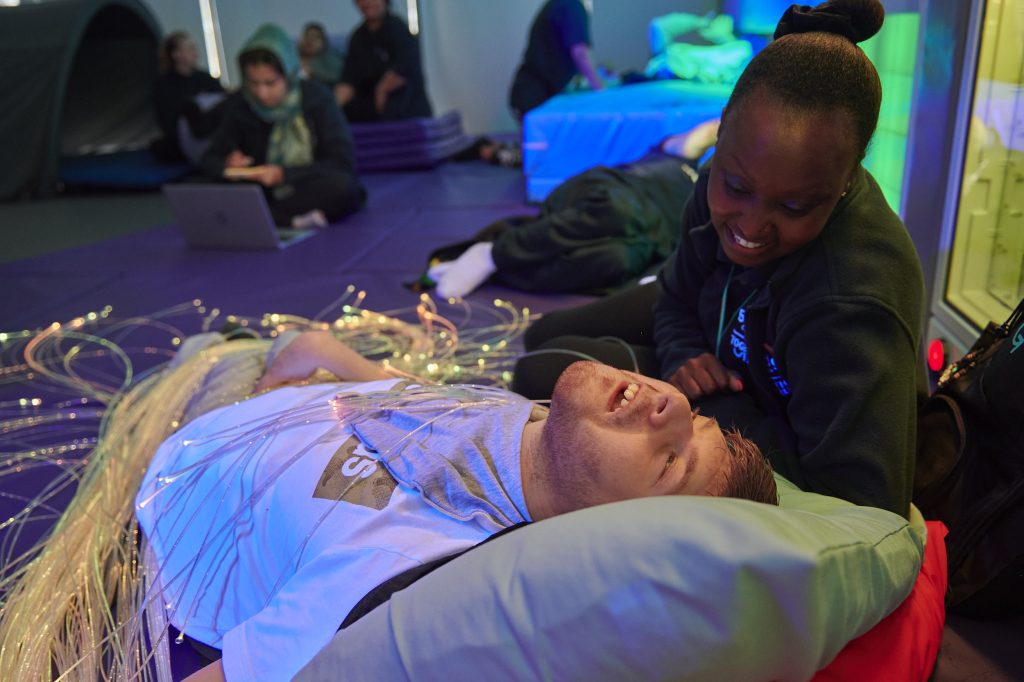
For Sally, the most fulfilling part of being an Occupational Therapist is seeing the real difference that occupational therapy can make in students’ lives, enabling them to do things they never thought possible.
“Even the smallest achievement, like being able to press a switch to turn on the music or fan, can have a huge impact. It’s life-changing for the student,” she says.
Sally and her team don’t just teach skills – they open doors to a world of possibility, showing that even the smallest steps can be truly life-changing.

